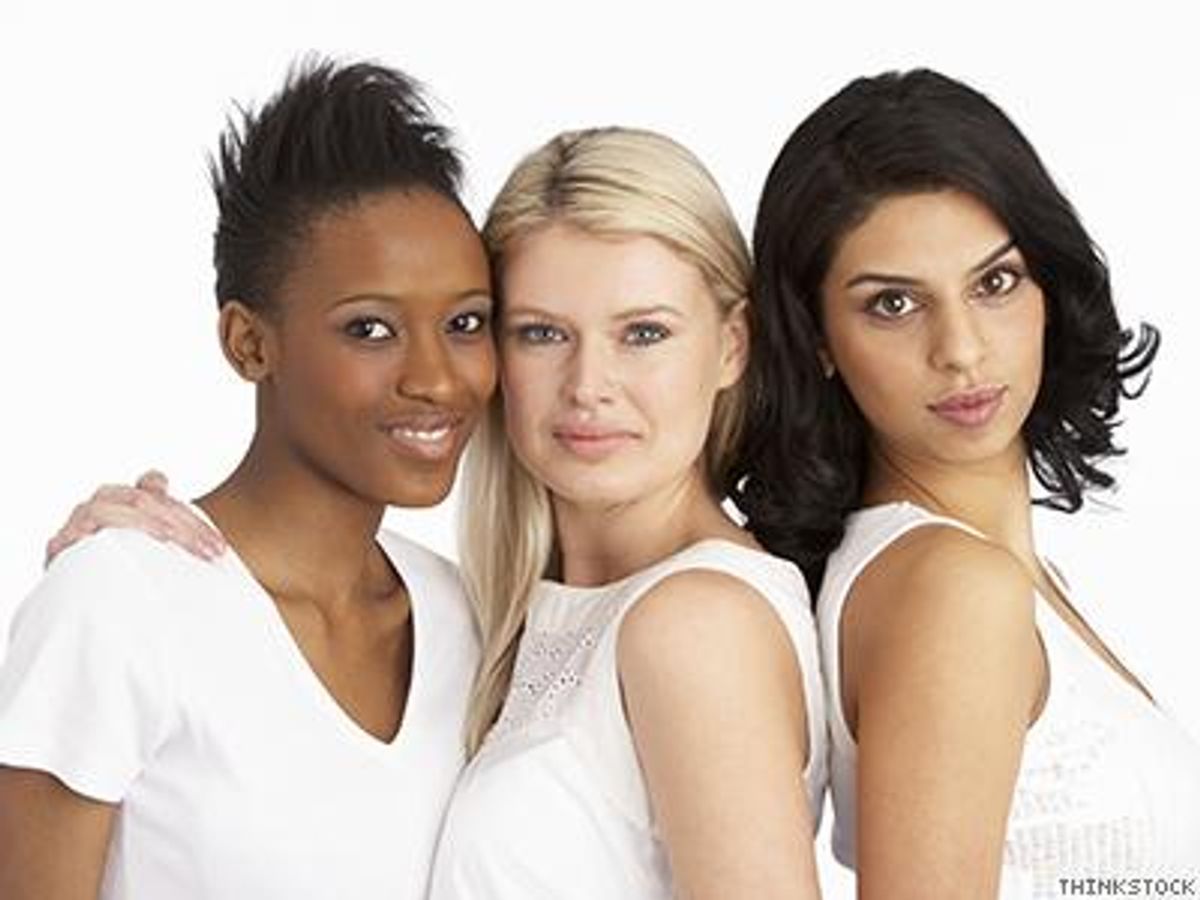If the manspreading campaign has taught us anything, it's that men can take up a lot of space. Take, for example, advocacy around HIV and LGBT people. When women enter the discussion, they are our doctors and nurses, our researchers and policymakers, and our advocates. Seldom are women's voices featured among the resilient and powerful stories of LGBT people living with HIV. Rarely do public health messages speak to their disparities or risks. And scarcely do researchers study the impact of HIV on women in the LGBT community. With today marking the 10th anniversary of National Women and Girls HIV/AIDS Awareness Day, there's no better time to change this reality.
Consider the fact that a recent amfAR study suggests that transgender women are 49 times more likely to be living with HIV than the general population. Even so, these women are counted as men who have sex with men in most studies -- leaving them miscounted, should they choose to participate in studies that deny their very identities, or uncounted, should they walk away, as we would.
Or consider that, according to the Williams Institute, about 9 million Americans identify as LGBT -- and a majority of those are bisexual women. While one in every four people living with HIV in the United States is a woman, we can't find a single study that identifies how many of them are women who have sex with women.
Yes, transmission from woman to woman is extremely rare, but the LGBT population includes bisexual women, not to mention lesbians who -- for a variety of reasons --have sex with men. These women are simply discounted in today's research.
Here's what we do know. We know that the social determinants of health -- or the circumstances in which we are born, grow up, live, work and age, for example -- are just as much a factor in preventing and treating disease as our genetics or our behavior, if not more. And when it comes to social determinants of health, lesbians, bisexual women, and transgender women are facing significant challenges compared to their non-LGBT peers.
Almost a quarter of lesbians and bisexual women are poor, according to the Williams Institute. And an overwhelming number of respondents to the National Transgender Discrimination Survey lived in extreme poverty -- and were nearly four times more likely to have a household income of less than $10,000 year compared to the general population. Add to this the high rates of workplace discrimination, harassment, and health care inequities faced by these women, and you begin to see why these women should be part of the conversation when it comes to HIV and the LGBT community.
Here's the good news. Organizations like the Center for Transgender Health, Positive Women's Network, and BiNetUSA are out there working hard to address to these disparities. More and more media outlets are featuring stories of LGBT women who are living with HIV. And researchers are beginning to correct the ways in which they're collecting data.
But we've got to do more. As we all work to reengage the LGBT community in ending HIV and combating the stigma against those living with the virus, we must not only acknowledge the women who have been by our sides since the dawn of this epidemic. We must see this as a fight we all face together.
JEFF KREHELY is the vice president and chief foundation officer of the Human Rights Campaign. TARI HANNEMAN is the associate director of HRC's Health and Aging Program.

















































































